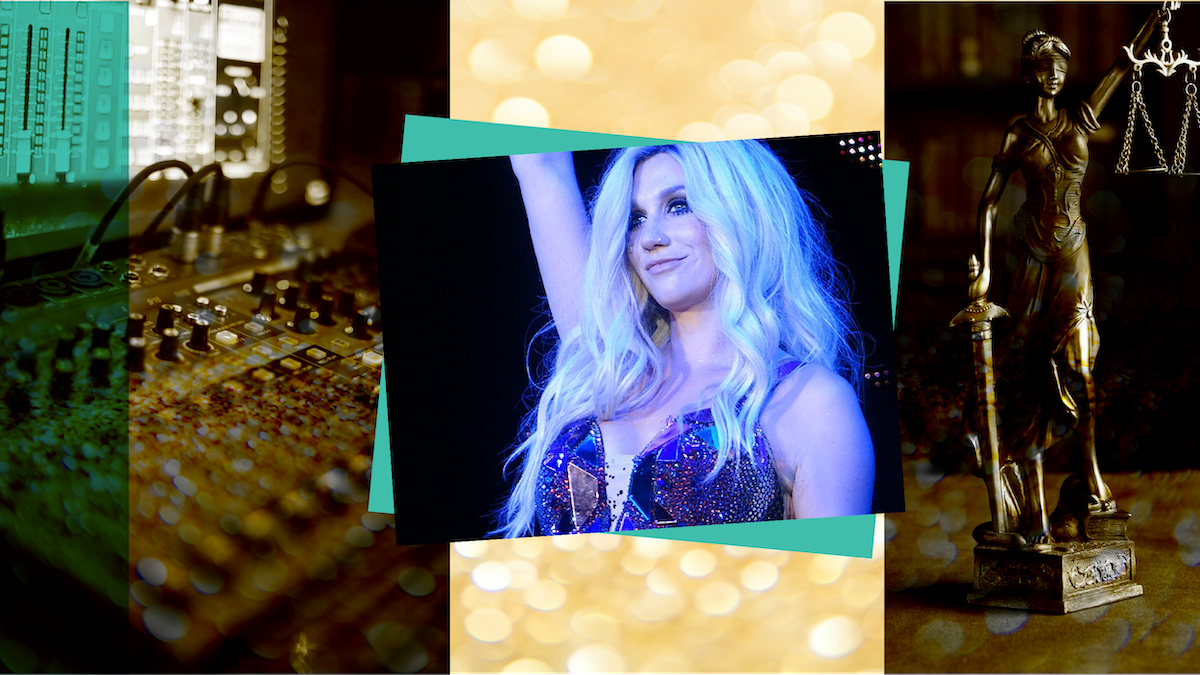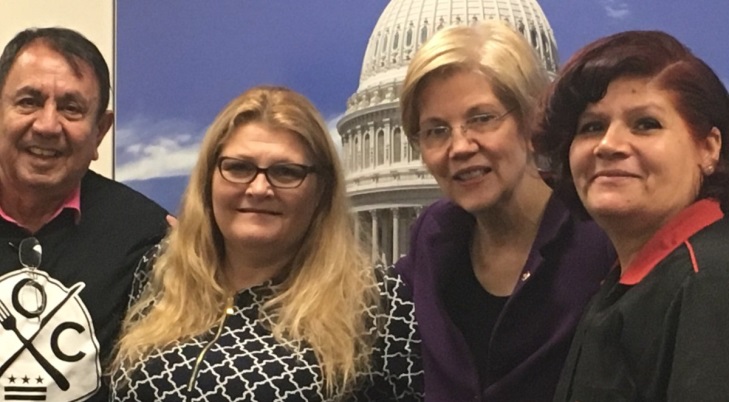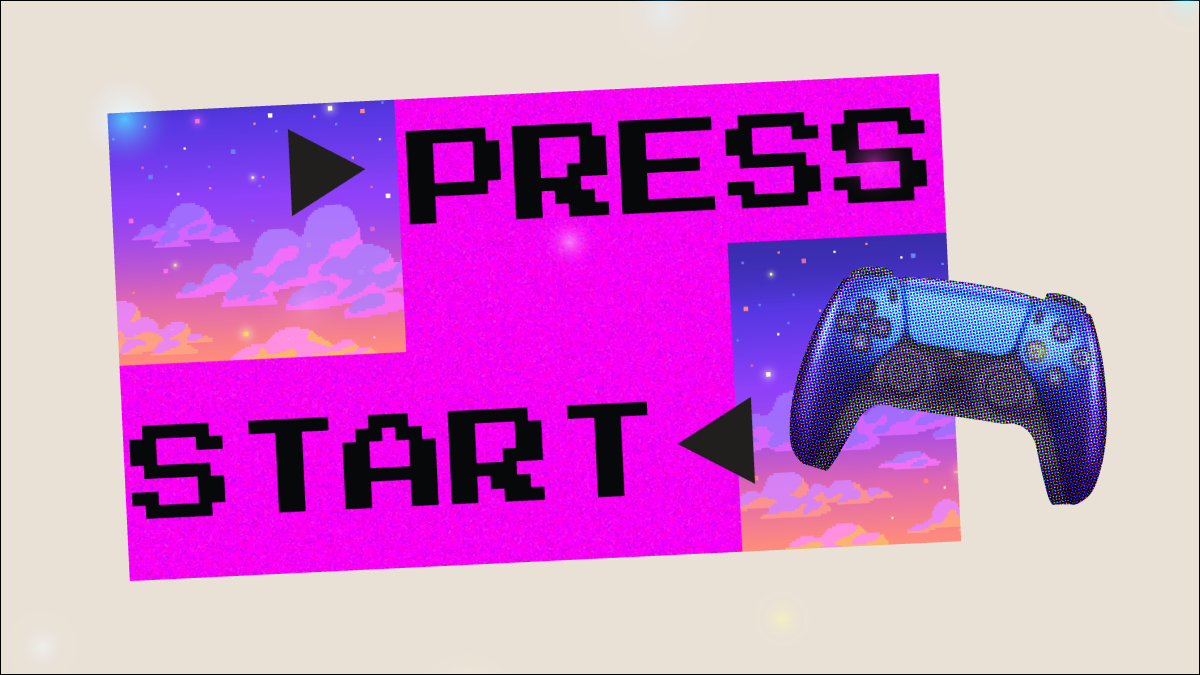We Support Kesha’s Fight for Justice: Survivors Should Not be Carved Out of Legal Protections

Content warning: Rape.
*** Update *** On June 13, 2023, the New York Court of Appeals issued a mixed opinion with some elements in Kesha’s favor. First, the Court held that the “sham exception” is inconsistent with New York’s absolute privilege, which protects statements made in a lawsuit from ever forming the basis of a defamation lawsuit. At the same time, the Court held that the statements made in preparation for a lawsuit, including sending a draft complaint to reporters before filing the lawsuit, are only protected by a qualified privilege, which means the statements must be made in good faith. Therefore, the Court concluded that Dr. Luke’s defamation lawsuit against Kesha must still go to trial, so that a jury can decide whether she made her pre-lawsuit statements in good faith or as a “sham” (in order to pressure him into releasing her from her contracts with him). Second, the Court held that New York’s new anti-SLAPP law applies to lawsuits filed before the new law’s effective date and continued after that date, starting from the effective date. So, if Kesha wins her anti-SLAPP motion against Dr. Luke, then he must pay all of the attorneys’ fees she incurred starting from the effective date of the new anti-SLAPP law. And third, the Court decided that Dr. Luke is a “limited purpose public figure” due to his self-acknowledged prominence in the music industry, which means he must meet a higher standard than “private figures” when suing for defamation. Specifically, he must prove that Kesha knew her statements about him were either false or probably false, not merely that she did not do her due diligence before making her statements.
On April 22, 2022, the National Women’s Law Center, alongside our law firm partner Latham & Watkins LLP, led an amicus brief on behalf of 35 other organizations to the New York Court of Appeals in Gottwald v. Sebert in support of singer-songwriter Kesha, who has been sued for defamation by Dr. Luke, her former producer who sexually abused her.
Kesha Rose Sebert brought a lawsuit alleging that in 2005, when she was 18 years old and still four years away from releasing her chart-topping debut solo “Tik Tok,” her 32-year-old producer took her to a Hollywood party and raped her.
For several years, Kesha tried to escape Dr. Luke, but their contract required her to work directly with him to produce at least six songs on each of her first six albums. Eventually, she resigned herself to the fact that Dr. Luke was her only option if she wanted to have a music career.
In 2014, after years of being forced to work with the person who raped her and suffering his continued verbal and emotional abuse, Kesha filed a sexual assault lawsuit against Dr. Luke and asked the court to release her from their contract. Dr. Luke then filed his own lawsuit against Kesha, accusing her of defaming him based on statements she had made as she was preparing to sue him, in her lawsuit against him, and in response to his lawsuit against her.
Under New York law, statements made in or about a lawsuit are protected by an absolute privilege, which means they can’t form the basis of a defamation lawsuit. And statements made in preparation for a lawsuit are protected by a qualified privilege, which means they can’t form the basis of a defamation lawsuit if the person who made the statement was indeed planning to bring a lawsuit. But a New York state trial and appellate court ruled that Dr. Luke can take his defamation lawsuit against Kesha to trial and that a jury needs to decide whether her “real” motivation for alleging sexual assault was simply to get out of her contract with him. If so, according to the judge, her statements would fall under a so-called “sham” exception to New York’s protections against defamation liability.
This is a dangerous decision and must be reversed by the Court of Appeals.
Our amicus brief explains that survivors of sexual abuse face retaliation all too often, and fear of retaliation deters many of them from coming forward. And when survivors do report workplace sexual abuse, one of the most common forms of retaliation is being sued for defamation, as in Kesha’s case. Survivors already face steep emotional and financial costs as a result of sexual violence, including an estimated lifetime cost of over $120,000 due to medical expenses, lost productivity, and lost wages and benefits. Being forced to defend against a long and expensive retaliatory defamation lawsuit only exacerbates these tremendous costs.
We also note that the lower courts in Kesha’s case were wrong to assume that any survivor who has more than one reason for bringing a sexual assault lawsuit or who asks a court for more than one form of protection from their abuser could be bringing a “sham” lawsuit. Outside of the sexual abuse context, people routinely bring lawsuits for multiple reasons—and ask for a variety of remedies—without their motives being doubted. No one would suggest, for example, that one businessperson suing another for breach of contract is engaging in a “sham” simply because they want the court to void the contract (“just trying to get out of the contract”) or to order the wrongdoer to pay damages (“just trying to make a quick buck”). Applying this logic only to sexual assault survivors is a blatantly misogynistic double standard.
When courts carve out survivors from legal protections against retaliatory defamation lawsuits, they rob survivors of their right to sue the people who abused them and enable abusers to continue controlling their victims. We are proud to fight for Kesha—and all survivors—because everyone has a right to seek justice through the courts.
Note: NWLC also joined another amicus brief in support of Kesha in the same lawsuit filed by her abuser Dr. Luke.




